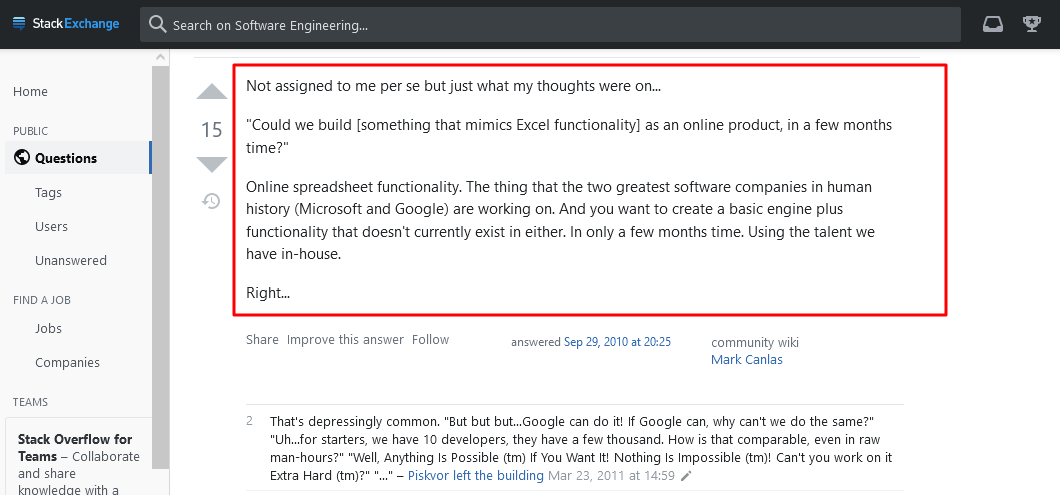
Your software developers have to deal with a lot in their workplace.
The job is often very challenging, sometimes even frustrating. The deadlines can be tight, and the creativity for solving problems isn’t always free-flowing.
However, when your developers are motivated, they can manage all of that much more smoothly. And you can have a significant impact on their motivation.
Five ways to motivate your software developers we’ll present to you in this article can make a lot of difference—so let’s get to it!
Table of Contents
Provide autonomy
One powerful way to motivate your software developers is to provide them with autonomy. If you give them the freedom to do what they do best and trust them, their motivation can soar.
Let’s put it this way; autonomy doesn’t mean a free pass for developers to do whatever they want, with any tool, technique, or time frame. That would quickly turn into chaos.
Instead, you can think of autonomy as the freedom within structure. Giving autonomy to developers is threading a fine line between too much micromanagement and too little consistency.

Get unreal data to fix real issues in your app & web.
Achieving that sweet spot is beneficial for the well-being and happiness of employees—in other words, their motivation rises. That’s what the research from the University of Birmingham reported, using data from 20.000 employees.
Also, according to the author Daniel Pink, autonomy is one of the pillars of motivation. His TED Talk emphasizes the importance of autonomy on productivity, worker engagement, and satisfaction—all clear signs of high motivation.
One of the examples of autonomy in the workplace he mentions is ROWE—Results Only Work Environment.
It’s a management strategy in which employees don’t have a set time for work; they only have to deliver the results. How, when, and from where they’re going to do it, it’s up to them.
One of the companies that use ROWE is Toggl OÜ, the developers of the time tracking and productivity app Toggl.
Their team is completely remote and their workers have the freedom to choose their own work environment and hours, with some interesting results, as you can see below.

As they explain, they use ROWE because they value freedom, trust, and autonomy in their work. Although they still use time tracking for practical purposes, the only output they measure is results.

Since software development isn’t a business where the working hours indicate productivity, orienting on results with the ROWE system can be very suitable.
Furthermore, the amount of freedom and trust you give your developers with a system like that would significantly impact their motivation.
Even if they’re not implementing results-only management, many companies give autonomy to their developers in a different way.
For example, Google’s “20% rule” is well-known. That concept has allowed Google’s employees to spend 20% of their time on their passion projects and interests. Products like Google News or Gmail were born that way.
Many companies have reused this format. For instance, the software development and IT consulting company Itemis follows a similar concept.
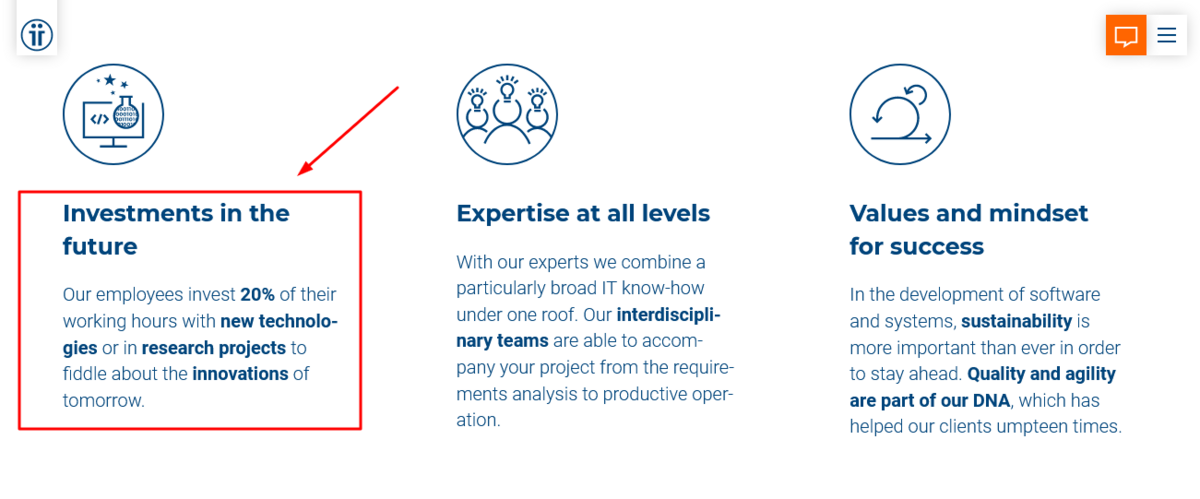
That way, their engineers can work on interesting projects and try new things, like their developer Kolja Dumman, who built an application for real-time collaboration between clients on his 20%.

The point is that Itemis’ developers have autonomy over a part of their time at work, allowing them to work on passion projects without pressure. That can motivate them to learn and be more productive in their everyday work. If you provide your developers with a certain amount of autonomy in their work, you can expect a similar effect on their motivation.
Appreciate their efforts
Every employee loves when they’re appreciated and their efforts are recognized; we realize that this is a blanket statement, but that’s just the way it is. And software developers are no exception.
Some people see developers as introverts and therefore think they don’t like or want to be singled out, even for praise.
That’s the wrong way of thinking; even if they are introverts, that doesn’t mean they aren’t motivated by appreciation from their peers and management.
For example, according to the survey by Stack Overflow, most developers consider themselves to be above average in their work—45% of them think of their skills as “a little above average” and 21,5% as “far above average”.
That amounts to almost 70% of developers who think highly of themselves.
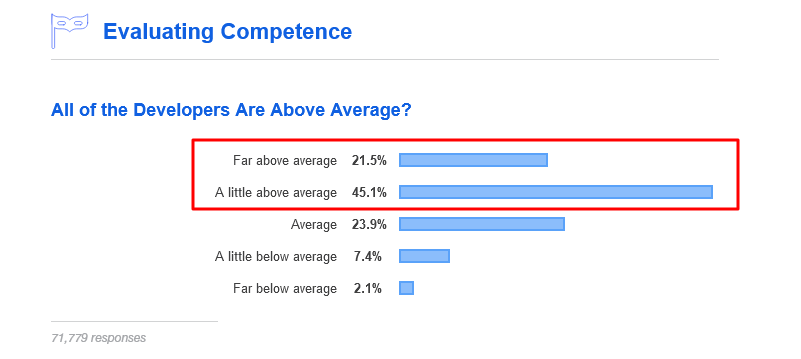
It’s safe to say that this is subjective and doesn’t necessarily reflect their actual competence. However, it shows that developers value their skills, and it’s important and motivating if you also value them.
Although the obvious way of showing appreciation for your developers’ efforts might be money, it isn’t necessarily the only way or always the most motivating one.
Handing out bonuses for good results is perfectly fine, but the motivation for developers comes more from the work itself than from financial gain.
According to research by Kahneman and Deaton, happiness and satisfaction, which highly correlate with motivation, plateau after reaching a certain salary.
How to appreciate your developers’ efforts, then? Some managers swear that a simple “thank you” can considerably motivate their employees.
One of them is Tom Mendoza, former President and Vice-Chairman of NetApp.
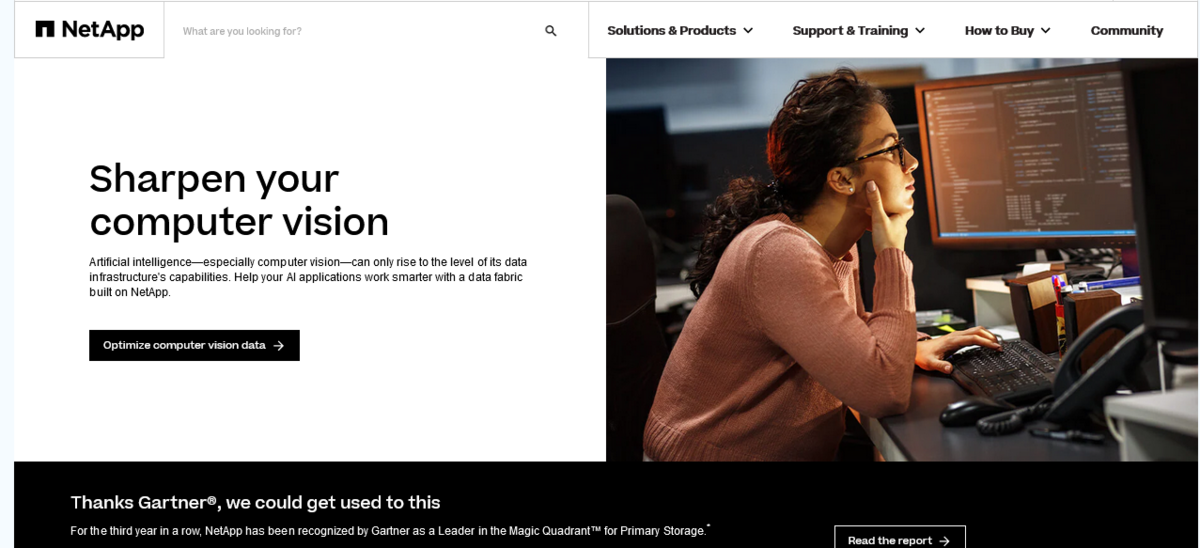
He’s known throughout the industry as being instrumental in building NetApp into a $6 billion-dollar company, but even more so for his leadership style.
He created a program called “Catch Someone Doing Something Right”. The idea is that when someone notices their colleagues doing something great, they report that to Mendoza, and he then personally thanks their colleague for doing a good job.
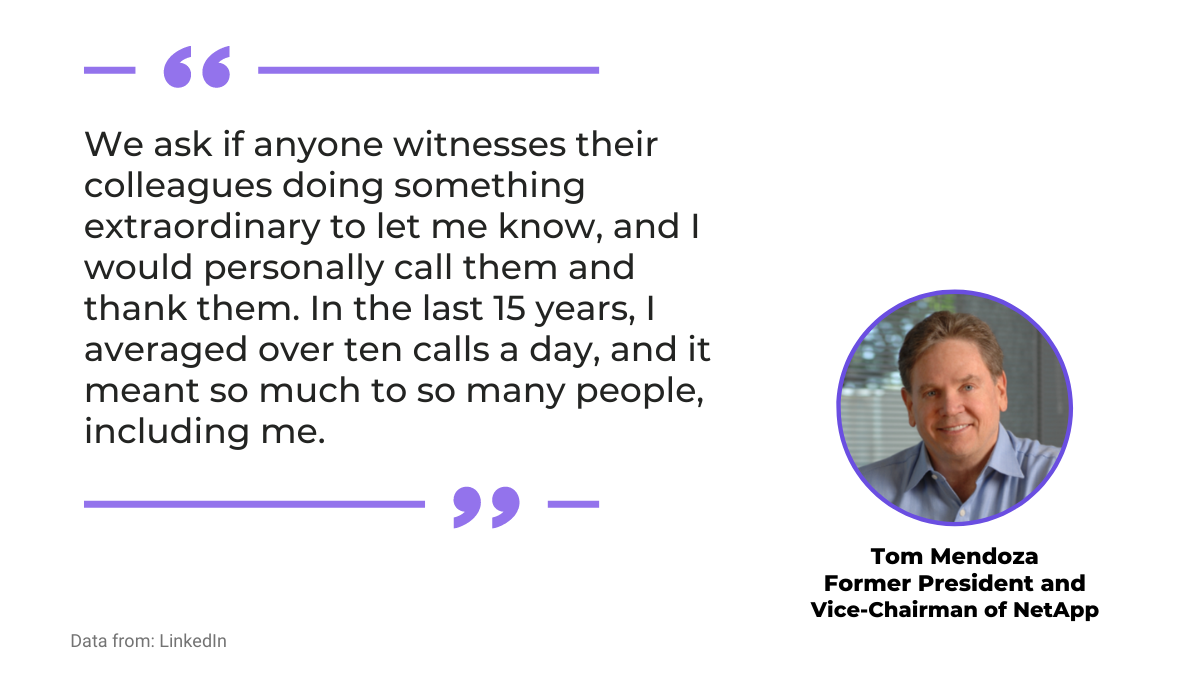
On the surface, saying “thank you” might seem like nothing special, but it’s precisely the kind of appreciation from a leader that can be very motivating; many employees, including interns, testified to that.
Furthermore, you can show appreciation by using features in HR software like Breathe. They have a kudos feature where you can award a virtual sticker with a simple thank you note.
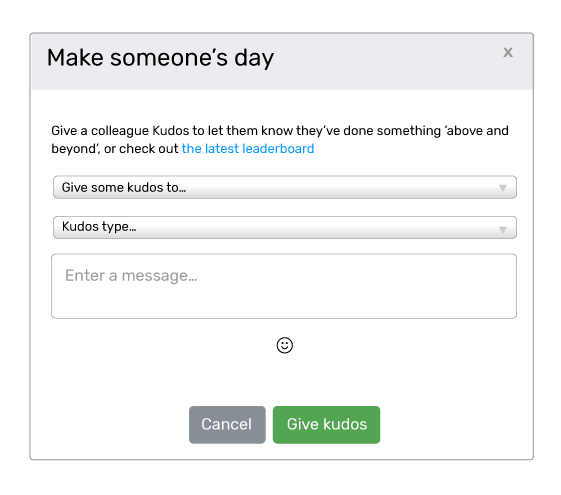
They also have a leaderboard to calculate who received the most kudos from colleagues and management. One with the most kudos becomes an employee of the month, like Bethan Roles in the photo below.
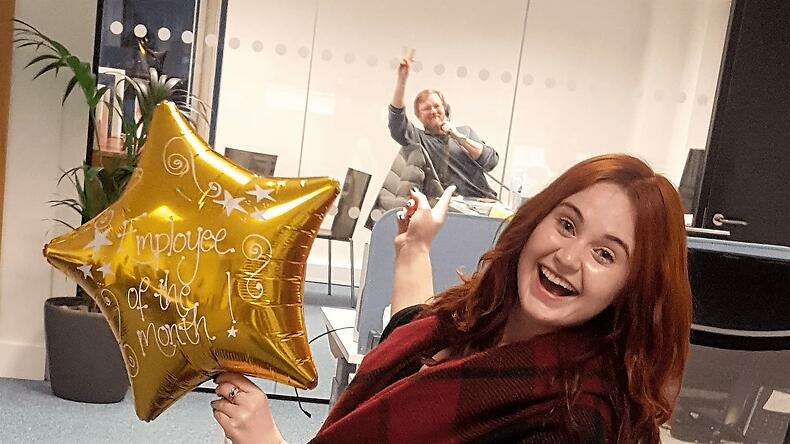
Showing appreciation for your developers’ efforts doesn’t have to be glamorous or expensive. If you do enough to let them know that they’re valuable for the business and that they’re not just a number, their motivation will undoubtedly increase.
Uѕе new technology
A big part of developing software is working with new technologies; it’s simply the nature of the job. You can motivate your developers by showing them that you’re willing to invest in the latest technology, preventing their skills from becoming obsolete.
In fact, the technology they’ll be working with is essential for developers when choosing a workplace.
According to the survey from Stack Overflow, when comparing two jobs with the same benefits, location, and compensation, technologies are a top deciding factor.
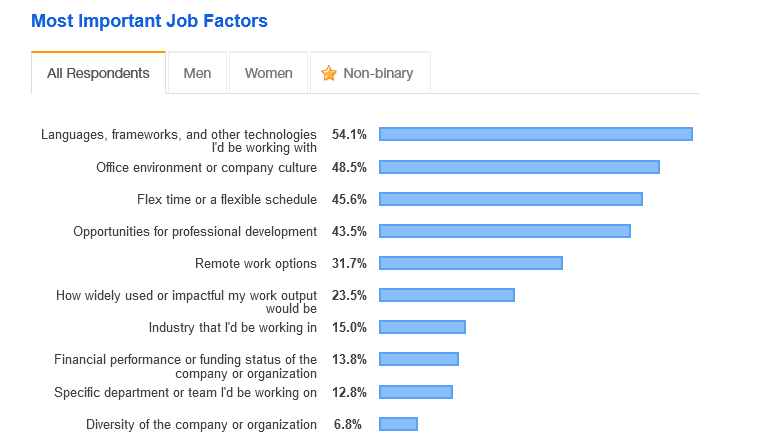
That’s not surprising considering that, in general, developers like to learn and try out new things in their job. In the fast-changing world of software development, they feel supported and motivated if you show that you keep up with the latest trends.
That way, developers can satisfy their curiosity and desire to improve. If you provide them with opportunities for that in their workplace, you can count on having a motivated team of developers.
One software engineer summed it up nicely in a Quora thread.
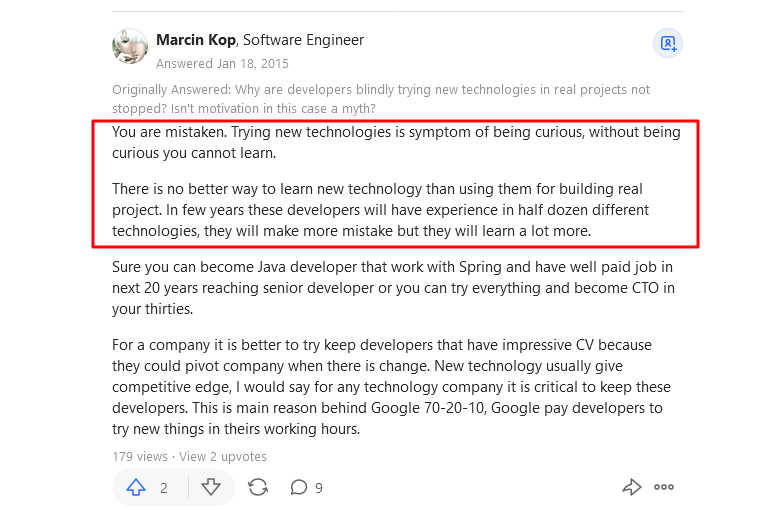
Your developers’ motivation resulting from using new technology is beneficial for the company as well. Motivated employees are more productive and less likely to look for another job.
According to one research, 88% of employees are willing to stay at the same job as long as it provides the opportunities to learn and grow.
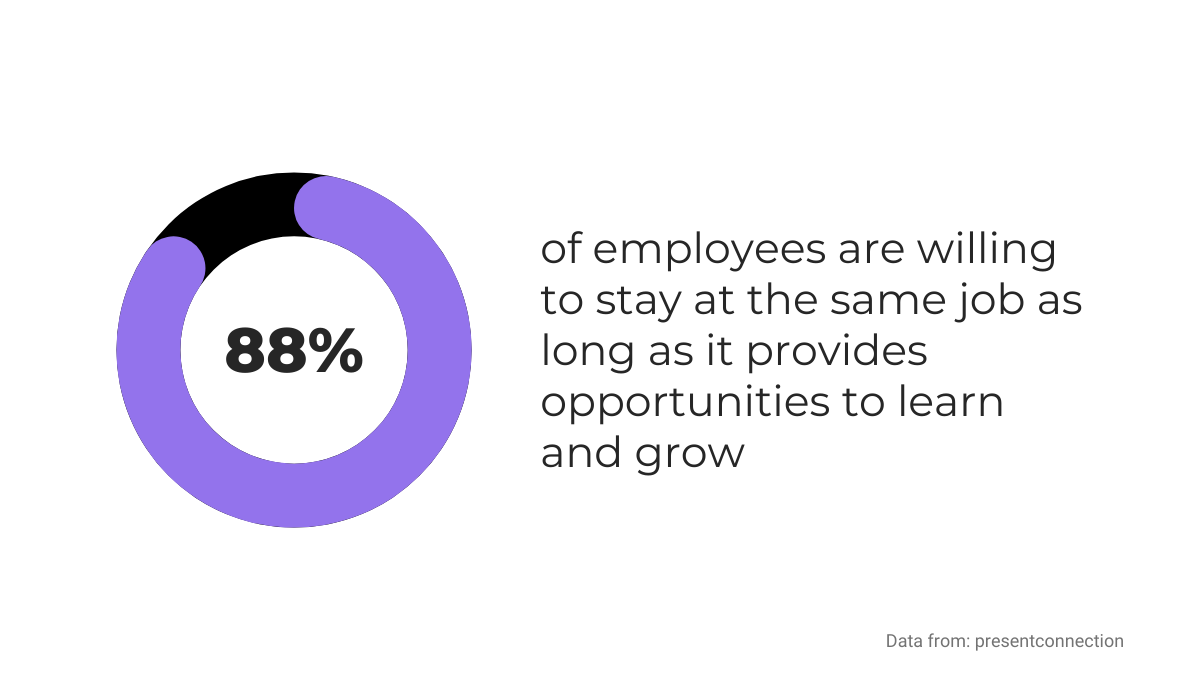
If you stay current with the new technologies, you can see the emerging trends and how you can implement them in your business, giving your developer a chance to use new technology in the process.
For example, suppose you’re building a website for a museum or gallery. In that case, you can include VR and AR technology in it for the feature of a virtual tour—as Google Arts & Culture did with museums all over the world.

Of course, only Google has Google Street technology for projects of that scope. However, using new technology like VR and AR in your business can motivate your developers and present a chance to show off their skills.
Learning and using new technologies motivates software developers.
They like to expand their knowledge and test their skills, and your business can benefit from that. New technology also challenges them, and challenges are another thing software developers are open to.
We’ll examine more about what a challenge means for them and how to provide them with it in the following section.
Pave the path to mastery
You should challenge your software developers if you want to motivate them to do their job to the best of their abilities. By doing so, you can increase their engagement and pave the path to mastery.
Software development is a demanding film, whether it’s a new programming language to learn, a bug to eliminate, or a feature to implement. And for most employees, challenges are essential; without them, a job can quickly become boring.
According to research by Korn Ferry, a third of the employees look for a new workplace because they want new challenges.
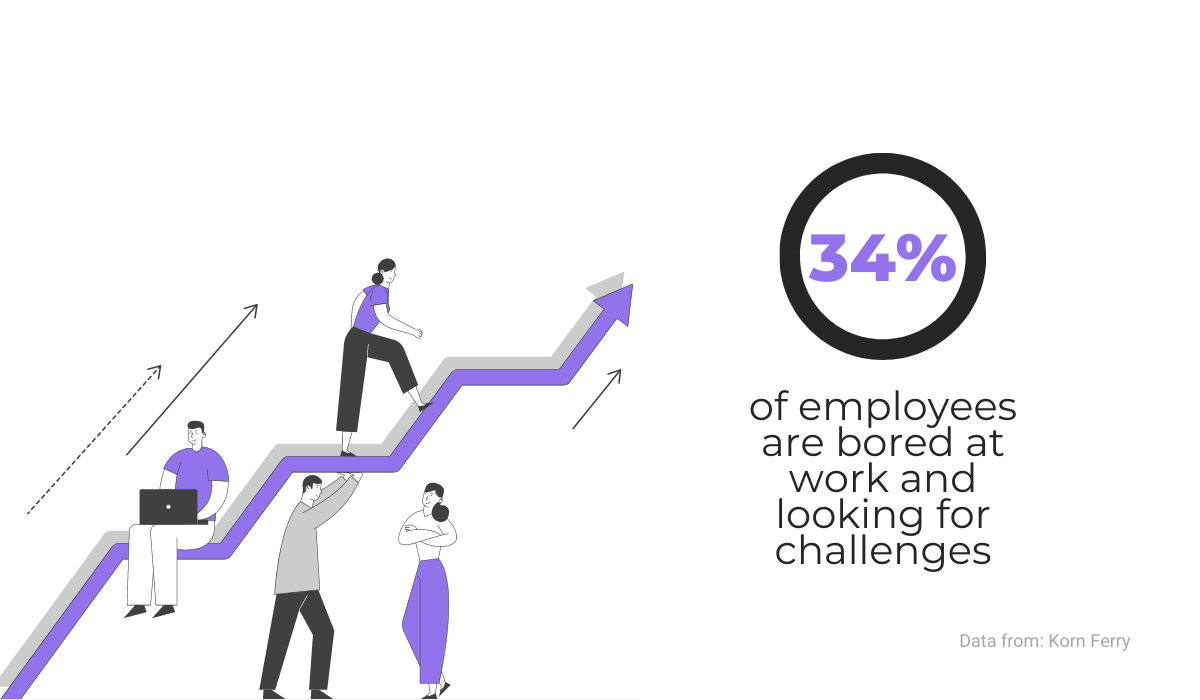
However, challenges are not easy to provide; you should be able to assess which ones are good for your developers and which ones aren’t.
For example, a good challenge requires the developer to use his knowledge to the full extent and even learn something new.
An example of that is Google Solution Challenge, an annual contest in which students develop a solution for local community problems using Google technologies.

Among last years’ winners were Aishik Nagar and Ritik Bhatia, who developed DementiCare, an app that helps with caregiving for dementia patients with various helpful features.
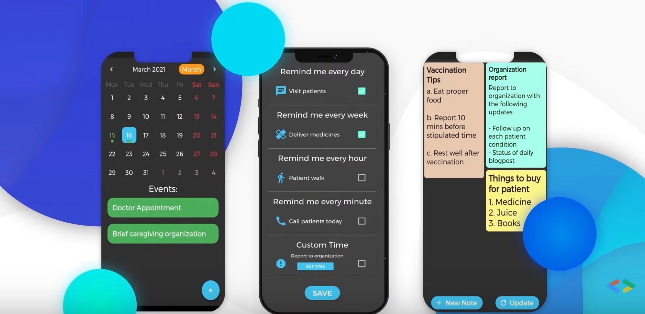
That’s an example of a doable challenge, but still motivating as it requires developers to push their limits and go on the path to mastery.
On the other hand, some challenges are demotivating because they’re impossible to overcome for one reason or another. In situations like that, developers can’t improve their skills because completing a task doesn’t depend on their competence.
Above is an example of such a challenge—a task so big that it’s impossible to complete within the time limit and available resources. Attempting a challenge like that can result in failure and demotivated developers.
If you regularly challenge your developers, you may consider providing them with resources to expand their knowledge and skills.
The reason is simple; the more skillful they are, the more complex challenges they can accomplish, and the further along they are on their path to mastery.
Luckily, you can find courses for pretty much anything online, including ones that your software developers can benefit from. For example, Coursera offers many courses on mobile and web development.

There are various courses available for different specializations and levels of expertise, from beginners to advanced. They can be an excellent knowledge resource for those who want to challenge themselves.
Motivated developers can come to their job every day and find something interesting to solve, some way to level up their skills and test themselves. By providing them with these opportunities, you help them to become highly motivated experts in their field.
Flexible work hours are highly appreciated
Software development is a field that doesn’t necessarily rely on the number of hours the employees put in or when they’re working.
Also, it’s often mentally demanding and creative work, so providing your developers with the freedom to work in their desired time frame can be highly motivating for them.
Flexible work hours and remote work basically became synonyms, especially in recent times when there’s a lot more remote work because of the COVID-19 pandemic.

Very handy for handling user feedback. CTOs, devs, testers – rejoice.
And there are many reasons why developers love flexible working from home; they don’t get stuck in traffic, have a better work-life balance, and work at their desired time.
Those are just some of the arguments for flexible work hours.
However, one of the most impactful ones is increased productivity.
According to research by Statista from 2020, approximately 60% of developers were more productive working from home than from the office.
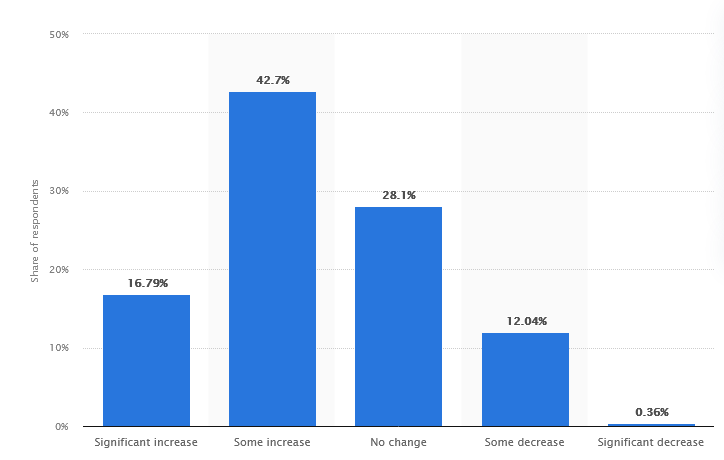
As you can see, almost 17% of them reported a significant increase in productivity, while nearly 43% saw at least some increase. Seeing as productivity and motivation are correlated, that’s a clear sign that your developers appreciate flexible work hours.
Even after the situation allowed returning to the offices, some companies decided to stick to remote work or offer some kind of compromise.
One of them is Diconium, which opted for the hybrid workplace model.
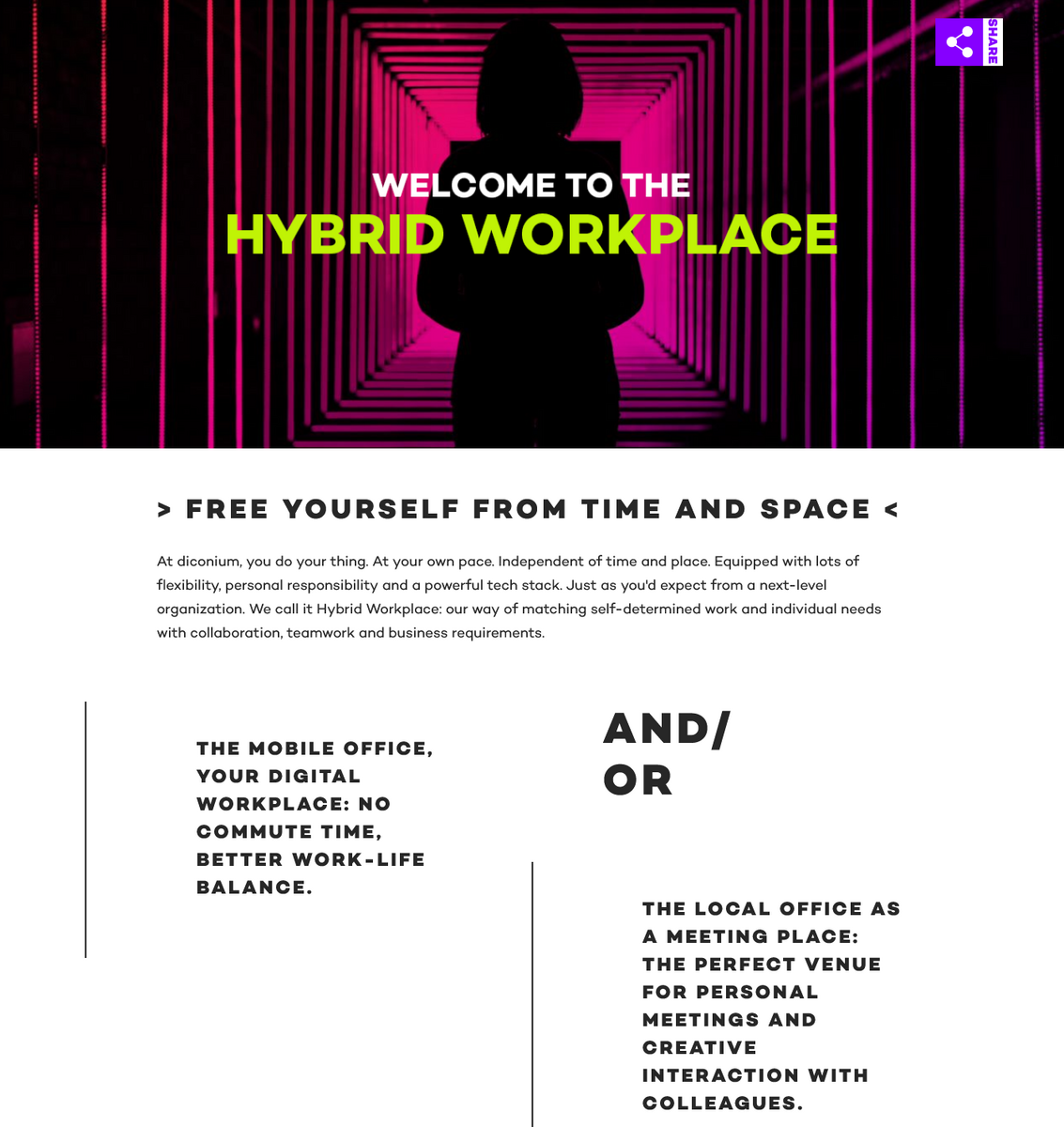
They combine flexible work hours and locations with the office as a place for meetings and creative interactions. That kind of flexibility can be highly motivating for developers and give them the freedom to work at their own pace and in their own conditions.
Furthermore, with all of the available tools for remote work, there’s no need to put your developers in one place in a fixed time frame.
For instance, you can use Trello for project management purposes.

You can track your developers’ workflow, the status of their projects, collaborate, and organize the work of every team member in a neat one-page board like the one above.
Besides organization, you also need an efficient way to communicate with your remote developers. For that, you can consider Slack.
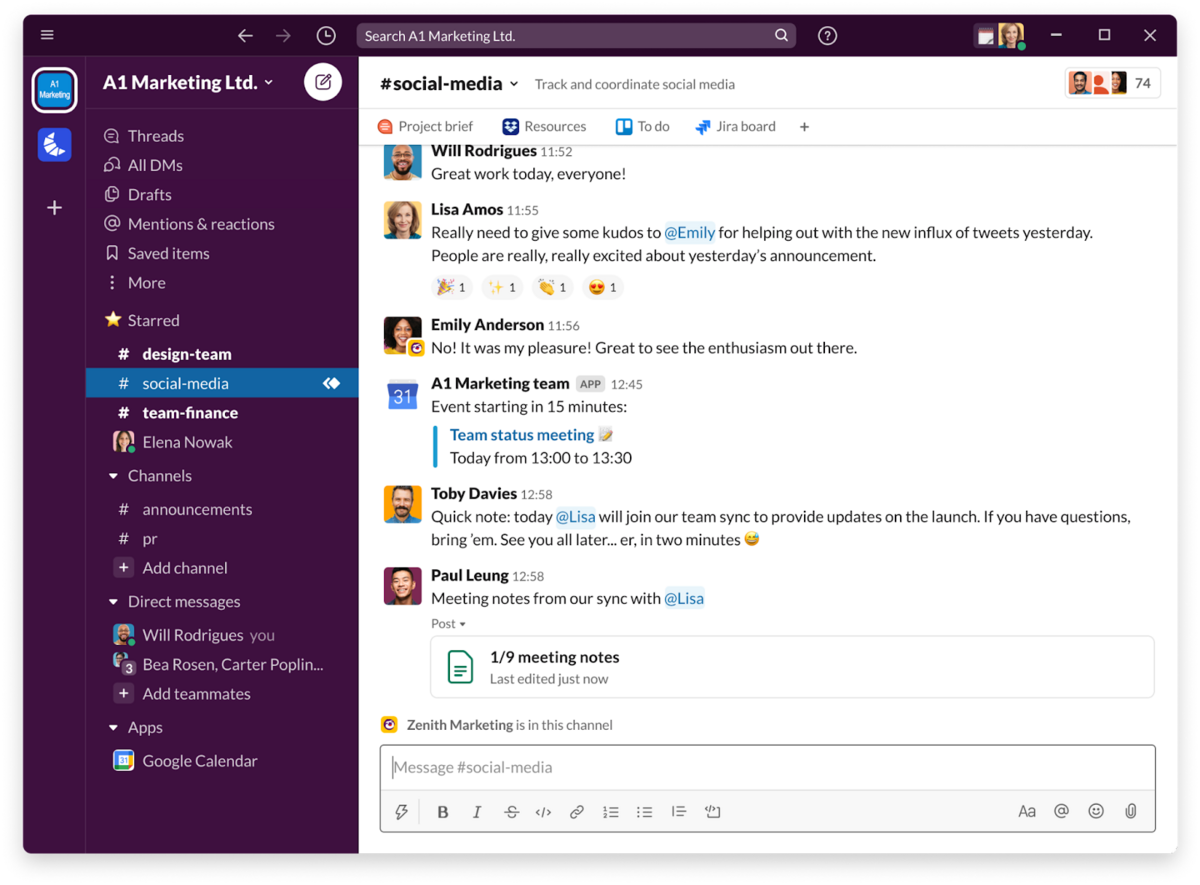
The communication in Slack is organized in channels, which you can use for different projects or teams. It supports calls and video calls, sharing attachments, and other helpful features for communication with your developers.
Software developers don’t need to be in the office from 9 to 5 to produce results. On the contrary, many of them appreciate flexibility in their work and are more motivated when functioning on their terms.
That’s why you should consider providing them with flexible hours.
Conclusion
Motivation is a crucial factor in your developers’ productivity, creativity, and satisfaction in the workplace.
It’s vital in any line of work, and software development is no exception. Luckily, it’s a factor that can change, which means that increasing it is an option.
The methods we examined in this article aren’t magical spells that can instantly turn everything around; you’ll find that some of them might be more effective than others in your team.
However, by implementing them, you can certainly positively impact your developers’ motivation, which will reflect on your business.

